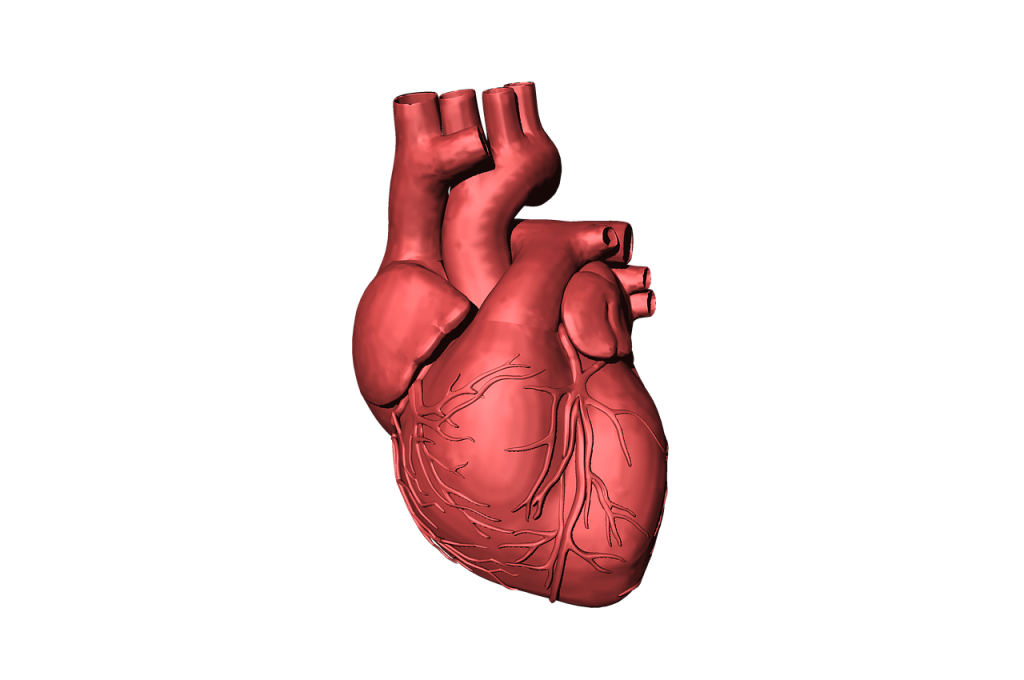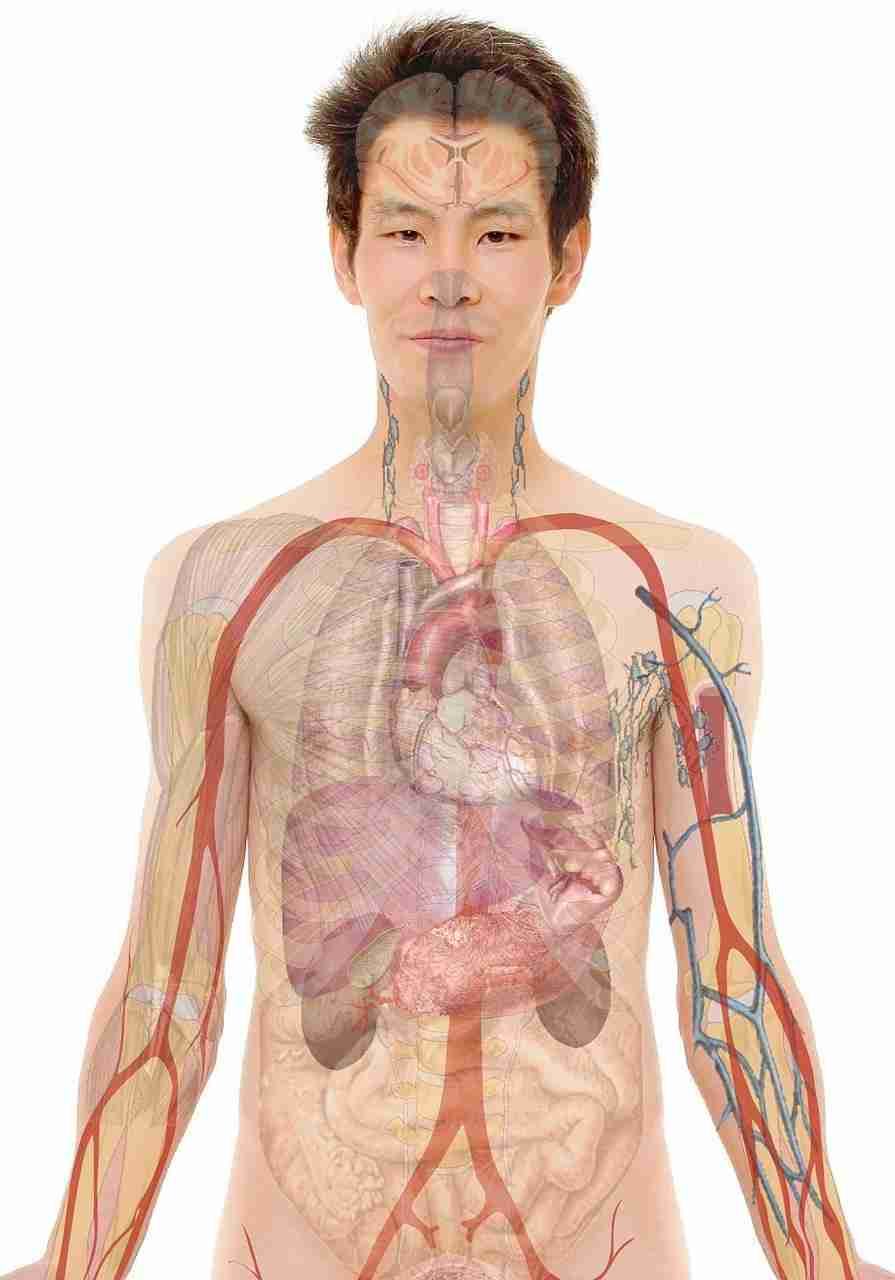28 Fun Facts About Human Body | A Voyage of Learning
1. The stomach gets a new lining every 2-3 days to avoid digesting itself.
The stomach’s ability to renew its lining regularly is crucial for its function and protection.
This fact about the human body demonstrates the incredible regenerative capabilities of our organs. The stomach’s resilience and adaptability are essential for digesting food without damaging itself.
2. The nose can detect over one trillion different scents.
Our sense of smell is more powerful than often credited, capable of distinguishing a staggering range of scents.
This ability is a key aspect of human survival, aiding in everything from food detection to sensing danger. The complexity of the human nose and its role in interpreting the world around us is a remarkable feature of the human body.
3. How much is known about the human body?
Despite centuries of study, the human body still harbors mysteries and complexities that scientists and doctors continue to uncover, demonstrating that our understanding is extensive yet incomplete.
4. The strongest muscle is the masseter (jaw muscle).
In terms of strength relative to its size, the masseter muscle in the human jaw is unmatched.
This muscle, essential for chewing, showcases the efficiency of the human body. Its ability to exert substantial force, essential for breaking down food, is a testament to the human body’s remarkable design.
5. Little finger contributes over 50% of the hand’s strength.
The little finger, though small, is mighty, contributing significantly to the strength of the hand.
This fact about the human body highlights the importance of each part, no matter how small. The little finger’s role in hand function and grip strength is a clear example of the intricate design of the human body.
6. There are over 600 muscles in the human body.
The muscular system is a marvel, with over 600 muscles working together to enable movement and support the body.
Each muscle, from the tiny ones in our ears to the large ones in our legs, plays a crucial role in daily life and overall mobility.
7. Each foot has 26 bones, 33 joints, and over 100 muscles, tendons, and ligaments.
The complexity of the human foot, with its numerous bones, joints, and soft tissues, is essential for mobility.
This aspect of the human body allows for a wide range of movements, from walking to jumping. The foot’s intricate structure is a key component in balance and movement.
8. The eye can distinguish about 10 million different colors.

A remarkable capability of the human eye is its ability to perceive a vast array of colors.
This human body feature enhances our interaction with the world, allowing us to appreciate its beauty and diversity. Our color vision is central to our experience and understanding of our surroundings.
9. Corneas are the only parts without a blood supply.
Unique among body parts, the cornea’s lack of blood vessels is vital for clear vision.
This fact about the human body emphasizes the specialized nature of our organs. The cornea’s ability to receive nutrients and oxygen directly from its environment is a key aspect of its function.
10. What are three fun facts about human system?
- The heart beats about 100,000 times a day, pumping blood to every part of your body.
- You have more than 600 muscles that help you move, talk, and even blink.
- Your stomach has powerful acids that can digest your food but not harm your stomach lining.
11. Humans shed about 600,000 particles of skin every hour.
The continuous renewal of our skin, shedding countless cells, is a vital process for maintaining healthy skin.
This aspect of the human body’s natural maintenance system plays a crucial role in protecting against infections and keeping the skin in good condition.
12. Babies are born with 300 bones, and adults have 206.

Newborns start with more bones, which fuse as they grow into adults.
This transformation from 300 bones in infants to 206 in adults is a fascinating aspect of human body development. It exemplifies how the human body evolves from infancy to adulthood, adapting to become stronger and more efficient.
13. Bones are ounce-for-ounce stronger than steel.
Our bones’ strength, comparable to steel, is a remarkable feature of the human body.
This strength-to-weight ratio is crucial for supporting the body and facilitating movement. The robust yet lightweight nature of bones is a fundamental aspect of human anatomy and health.
14.The brain contains approximately 86 billion neurons.
The human brain, with its vast network of neurons, is a powerhouse of processing and communication.
This fact about the human body highlights the complexity and capability of the brain. These neurons work together to control everything from thoughts to movements, making the brain an extraordinary organ.
15. The body produces 1 to 1.5 liters of saliva each day.
Saliva production, an often-overlooked aspect of the human body, plays a key role in digestion and oral health.
This daily production of saliva aids in breaking down food and keeping the mouth healthy. The salivary glands’ function is an important part of our digestive system and overall well-being.
16. Fingernails grow faster on your dominant hand.

It’s a curious fact about the human body that fingernails on your dominant hand grow more quickly.
This is likely due to increased blood flow and activity in the dominant hand. The difference in growth rates between hands is a subtle reflection of how our body adapts to our daily usage and activities.
17. Humans are the only animals with chins.
When talking about unique facts about the human body, the presence of a chin is exclusively human.
No other animal species has this distinct feature. The chin plays a role in speech and may be linked to evolutionary changes in the human face and brain.
18. The liver can regenerate itself completely even after 75% removal.
The liver’s ability to regenerate is a remarkable feature of the human body.
Even if three-quarters of it is removed or damaged, it can grow to its full size. This regenerative power is crucial for survival and showcases the resilience of human organs.
19. The body has enough iron to make a 3-inch nail.
An interesting fact about the human body is that it contains enough iron to forge a small nail.
This iron, found mainly in our blood, is essential for transporting oxygen. Its presence is vital for our energy levels and overall health.
20. Human teeth are as strong as shark teeth.

One of the more surprising facts about the human body is the strength of our teeth.
Comparable to the fearsome shark teeth, our teeth are built to last and endure considerable stress. This strength, primarily due to the enamel, plays a crucial role in our overall health and well-being.
21. You breathe about 8,000-9,000 liters of air daily.
The human body’s respiratory system works tirelessly, inhaling thousands of liters of air every day.
This constant intake of air is crucial for supplying our body with the oxygen needed to function. It’s a testament to the efficiency and necessity of the respiratory system.
22. Humans glow in the dark, but the light is too weak to see.
A lesser-known fact about the human body is its bioluminescence.
We emit a small amount of light, but it’s too faint for the human eye to see. This glow is a byproduct of biochemical reactions happening within our cells.
23. The brain can generate about 23 watts of power.
The human brain’s capability is astounding, able to generate around 23 watts of electrical power.
This energy is enough to power a small light bulb. This fact about the human brain underscores its complexity and energy efficiency.
24. The heart beats over 100,000 times a day.

The human heart’s relentless activity, beating more than 100,000 times daily, is essential for circulating blood and maintaining life.
This tireless workhorse of the human body is crucial for delivering nutrients and oxygen to various tissues. The heart’s ability to sustain this rhythm day in and day out is nothing short of amazing.
25. What is human anatomy?
Human anatomy is a comprehensive study of the body’s structures, including bones, muscles, organs, and tissues, revealing how these elements interact to support life and health, showcasing the intricacy and sophistication of the human body.
25. The body has enough fat to produce 7 bars of soap.
The average person has enough body fat to make multiple bars of soap.
This fat, while often seen negatively, plays a vital role in energy storage and insulation.
27. You lose about 4kg of skin cells in a lifetime.
Throughout a person’s life, they will shed approximately 4 kilograms of dead skin cells.
This constant renewal process is vital for skin health and acts as a barrier against the environment.
28. Tongue prints are as unique as fingerprints.

Just like fingerprints, each person’s tongue print is unique.
This fact about the human body underscores the uniqueness of individual physical traits. Tongue prints could potentially be used for identification purposes, although they are not as commonly used as fingerprints.
FAQs
Bodily systems refer to interconnected systems within the human body, such as the cardiovascular, respiratory, digestive, and nervous systems, responsible for various functions.
The human body system comprises multiple interconnected systems, including the skeletal, muscular, circulatory, respiratory, digestive, nervous, endocrine, and immune systems, working together to maintain health and functionality.
The normal body temperature for adults is typically around 98.6°F (37°C) when measured orally. However, individual variations exist, and temperatures may fluctuate slightly throughout the day.
The normal temperature for humans is approximately 98.6°F (37°C). However, slight variations may occur depending on factors such as age, activity level, and time of day.
Normal body temperature for humans is around 98.6°F (37°C), but it can vary slightly from person to person. It’s a crucial indicator of health and is regulated by the body’s internal mechanisms.







